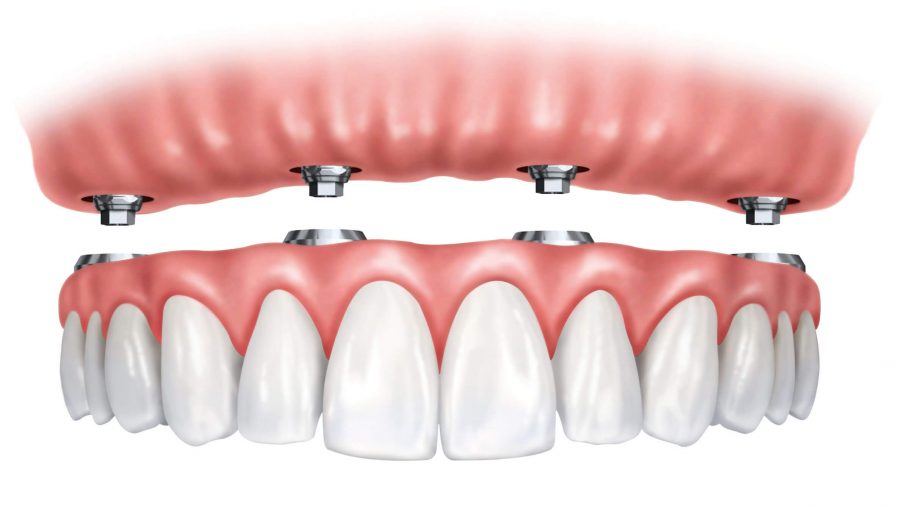Although dental implants can last forever, it still needs to be maintained well to extend their lifespan. Dental implants are significant investments for restoring the smile and it is up to you to make them last long or not. It is crucial to follow the customised instruction on proper home maintenance suggested by your dentist. With good oral hygiene habits, you can show off that pearly white smile forever.
Teeth implants are at the risk of failure without consistent oral care. Keep your teeth and gums are not a difficult job. In fact, there is a range of dental hygiene products that makes the maintenance part easier. While dental implants will not develop cavities, the surrounding gum tissue needs to be properly maintained as they can be inflamed and affected by gum disease. Be aware that peri-implantitis is the major cause of implant failure.
Oral care tips for dental implants
Follow these guidelines to avoid inflammation, infection, and peri-implantitis
• Brushing twice a day is the key to remove food particles from your teeth. If possible, brush after every meal. Use an electronic toothbrush to clean your teeth. Be gentle but ensure to clean your teeth thoroughly.
• Flossing is also an integral part of oral care as it helps to remove the plague from the teeth. So, floss at least once in day.
• Pay close attention when flossing and brushing, where the implants meet the gum line.
• You can use low abrasive toothpaste to avoid tartar build-up.
• Rinse with an antibacterial mouthwash to reduce plague.
• Stick to a healthy diet that is rich in vitamins, calcium, and proteins to boost both your oral and overall health
• Avoid sugary foods and drinks. Although implants do not develop cavities, other teeth are at high risk of developing cavities.
• Do not smoke or drink as it is not good for your oral and overall health. Smoking increases the risk of developing gum disease and leads to tooth loss.
• It is advisable to see your dentist every six months for a check-up and professional cleaning.
Poor oral hygiene allows the formation of plaque that significantly reduces the lifespan of dental implants. If you notice swelling and bleeding gums, visit the dentist as early as possible as these are the signs of gum disease. Before you know that you have gum disease, it may have progressed to the last stage called periodontitis. A severe stage of gum disease and leads to tooth loss if left untreated, and it cannot be reversed as well. If you have periodontitis, chances are high for implant failure. The dental implants price Melbourne is worth the investment so maintain them well to extend their life.

